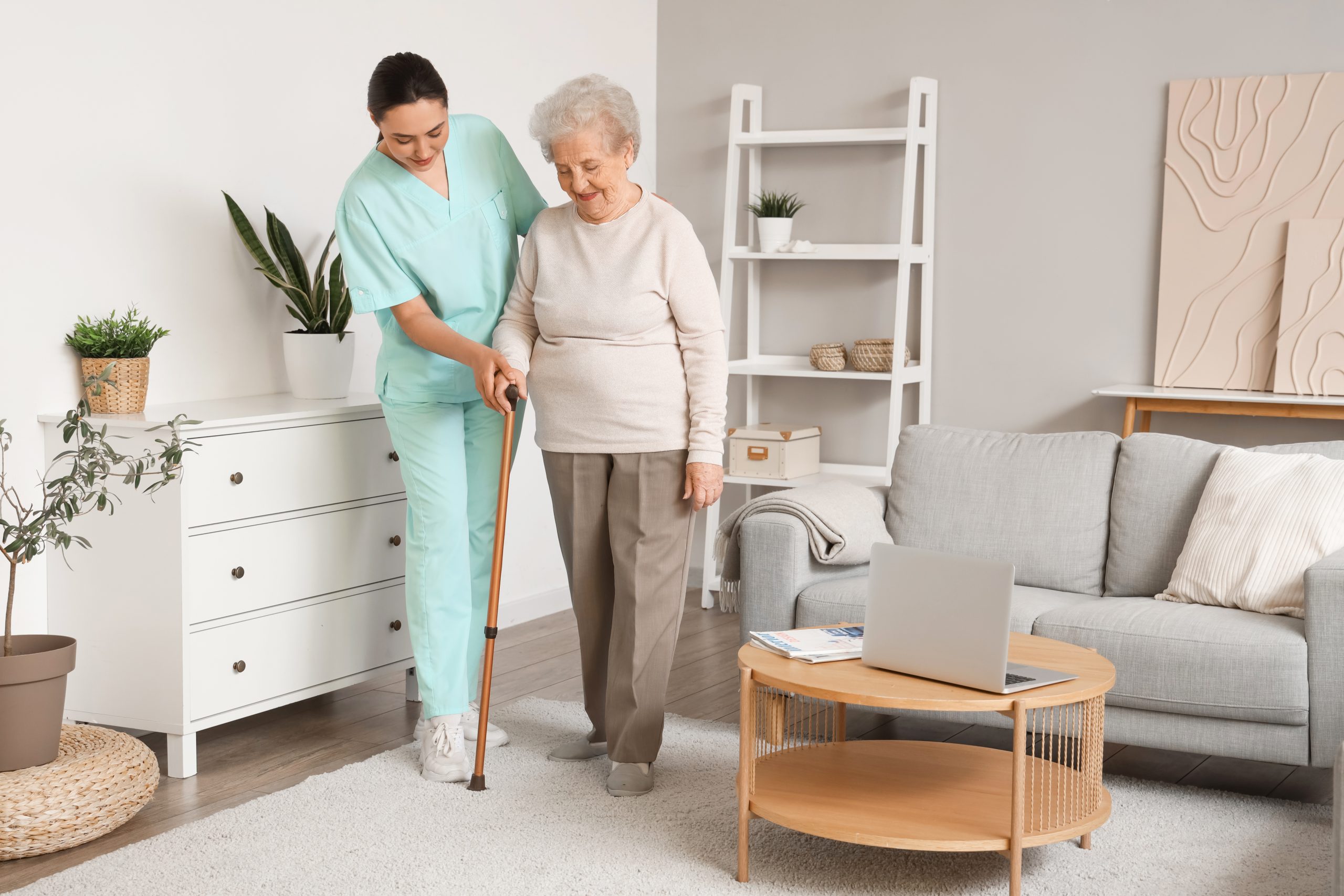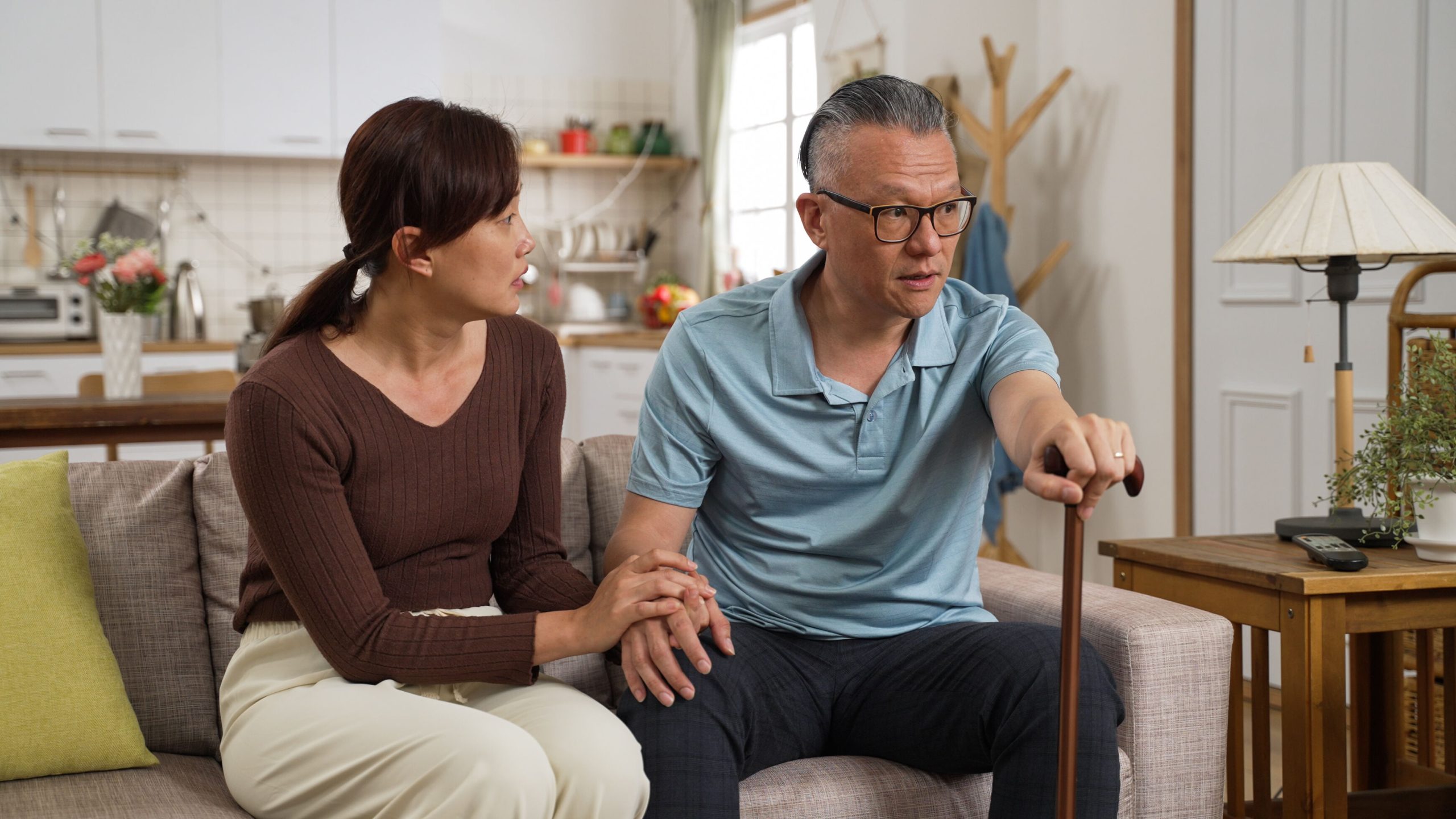
Table of Content
A dementia diagnosis can deeply impact both the individual receiving the diagnosis and his or her loved ones. Creating a home environment that supports safety, comfort, and independence is essential for enhancing quality of life. Below are practical strategies to transform your home into a dementia-friendly space.
Prioritize Safety
Safety is the foundation of a dementia-friendly environment. People living with dementia may experience memory lapses, reduced mobility, or disorientation, which can increase the risk of accidents. Here’s how to address safety concerns:
- Declutter – Remove unnecessary furniture, knickknacks, or tripping hazards to create a more open and navigable space.
- Secure dangerous areas – Lock cabinets containing sharp objects, medications, or cleaning supplies. Consider limiting access to staircases or garages if they’re potentially hazardous.
- Install safety devices – Use grab bars in bathrooms, stair gates, smoke alarms, and adequate lighting in hallways and rooms to reduce potential risks.
- Hide electrical cords – Secure cords against walls or use cord covers to eliminate tripping risks.
The cognitive challenges that accompany dementia often leave aging adults unable to manage everyday tasks, which puts their safety and health at risk. If your senior loved one has been diagnosed with a serious condition and needs help with tasks like meal prep, transportation, medication reminders, bathing, and grooming, reach out to Assisting Hands Home Care, a leading provider of in-home care Columbia families can trust. We also offer comprehensive care for seniors with dementia, Alzheimer’s, and Parkinson’s.
People with dementia can find it difficult to make sense of their surroundings. Clear navigation can alleviate confusion and frustration:
- Use signage – Place easy-to-read labels or pictures on doors to identify rooms, such as the bathroom, kitchen, or bedroom.
- Ensure visual contrast – Use contrasting colors for walls, furniture, and flooring to differentiate spaces and objects.
- Clear pathways – Maintain wide, unobstructed paths to allow for easy movement, especially if your loved one uses a mobility aid.
- Keep essentials visible – Store frequently used items such as glasses, keys, or a telephone in obvious, accessible locations to make daily tasks easier.
Create a Calm & Comfortable Atmosphere
Peaceful surroundings can reduce agitation, anxiety, and confusion that are common in dementia:
- Control noise levels – Minimize background noise such as loud TVs or conversations to avoid overstimulation. Soft, calming music can create a soothing ambiance.
- Provide familiarity – Surround your loved one with familiar objects, such as family photos or favorite keepsakes, to create a sense of comfort and stability.
- Use gentle lighting – Avoid harsh lighting and instead opt for warm, diffused light. Ensure adequate lighting throughout the home, especially in dim areas.
- Introduce nature – Adding plants or creating opportunities for natural light exposure can enhance relaxation and overall wellbeing.
Promote Independence
Designing spaces for independence allows individuals with dementia to maintain autonomy in their daily routines:
- Adapt furniture height – Make sure chairs, beds, and tables are the right height to make sitting and getting up easy.
- Use open shelving – Store commonly used items on open shelves so they’re visible and easy to reach.
- Simplify tasks – Lay out easy-to-use items, such as a single remote for television or simplified kitchen appliances.
- Set up daily routines – Place frequently used objects, like toiletries or clothing, in predictable and accessible spots to build continuity and confidence.
Caring for a loved one with dementia is a challenging task for anyone. The responsibilities can sometimes feel overwhelming, but help is available. Seniors can face a variety of age-related challenges. Though some families choose to take on the caregiving duties, there may come a time when they need a trusted elderly home care provider. Families sometimes need respite from their duties so they can focus on their other responsibilities, and some seniors need around-the-clock assistance that their families are not able to provide. Assisting Hands Home Care is here to help.
Foster Engagement & Social Interaction
A dementia-friendly environment should also encourage meaningful activities and connections:
- Create activity zones – Dedicate areas to hobbies or pastimes your loved one enjoys, whether it’s a puzzle nook, a painting station, or a music corner.
- Engage with visual cues – Decorate spaces with visually stimulating items, like bright fabrics, photos, or art pieces, to spark interest and engagement.
- Support social interaction – Arrange common areas like the living room to be welcoming for family visits, ensuring chairs are arranged to encourage conversations.
- Organize memory-boosting activities – Activities such as looking through photo albums or engaging in storytelling can foster nostalgia and positive emotions.
Caring for seniors with dementia can be challenging for family caregivers. Luckily, there is dementia care Columbia families can rely on. Professional dementia caregivers help seniors with dementia stay safe and comfortable at home by preventing wandering, providing cognitive stimulation, and assisting with household chores. Assisting Hands Home Care can be your trusted partner in caregiving for your aging loved one. Contact one of our experienced Care Managers today to learn more about our reliable in-home care services.







